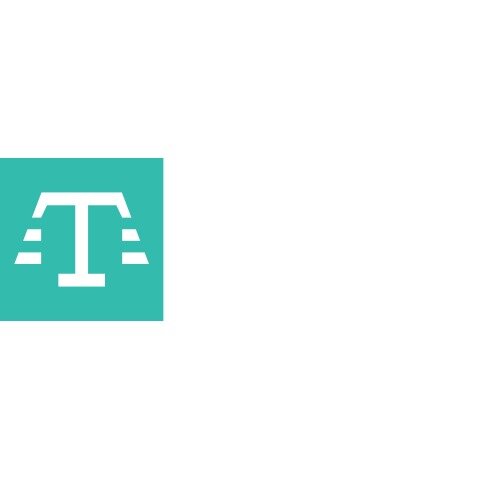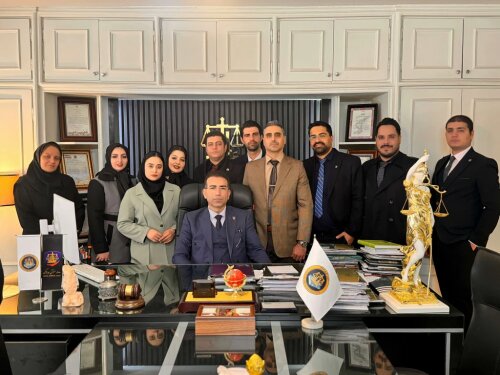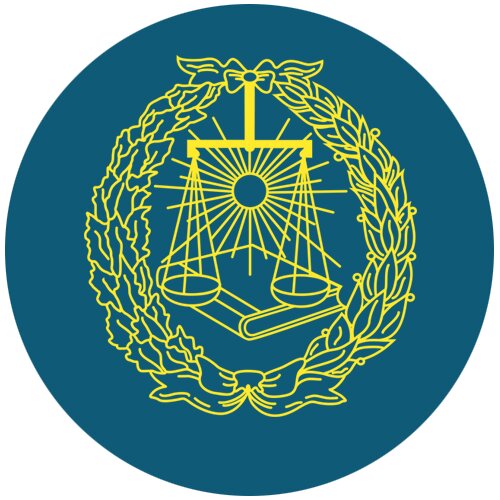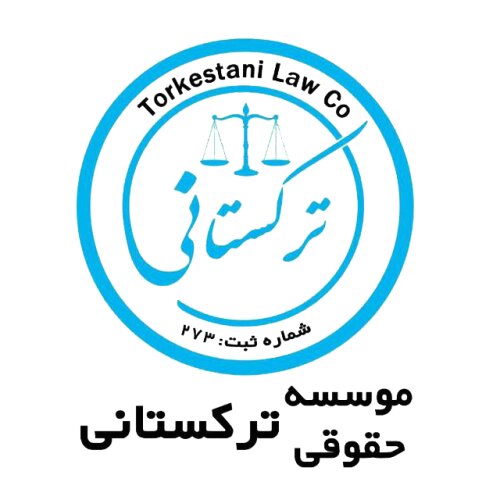Best Collaborative Law Lawyers in Iran
Share your needs with us, get contacted by law firms.
Free. Takes 2 min.
Free Guide to Hiring a Family Lawyer
Or refine your search by selecting a city:
List of the best lawyers in Iran
About Collaborative Law in Iran:
Collaborative Law in Iran is a legal process where parties work together with their lawyers to resolve disputes without going to court. This approach focuses on cooperation, open communication, and finding mutually beneficial solutions.
Why You May Need a Lawyer:
You may need a lawyer in Collaborative Law to ensure your rights are protected, negotiate effectively, and reach a fair agreement. Whether you are going through a divorce, disputing child custody, or facing a business conflict, a lawyer can guide you through the process and represent your interests.
Local Laws Overview:
In Iran, Collaborative Law is gaining popularity as an alternative dispute resolution method. The key aspects of local laws related to Collaborative Law include the requirement of both parties' voluntary participation, confidentiality of discussions, and the ability to reach a legally binding agreement through mutual consent.
Frequently Asked Questions:
1. What types of cases can be resolved through Collaborative Law in Iran?
Collaborative Law in Iran can be used to resolve various disputes, including family law matters like divorce and child custody, as well as civil and commercial conflicts.
2. How does the Collaborative Law process work in Iran?
In Collaborative Law, each party hires a lawyer, and all parties agree to work together to find a resolution. The process involves meetings, negotiations, and may include other professionals like mediators or financial experts.
3. Is Collaborative Law legally binding in Iran?
Yes, agreements reached through the Collaborative Law process in Iran are legally binding and enforceable in court, provided that all parties voluntarily agree to the terms.
4. What are the advantages of using Collaborative Law in Iran?
Some advantages of Collaborative Law in Iran include cost-effectiveness, privacy, faster resolution, and the ability to tailor agreements to meet the specific needs of all parties involved.
5. Can Collaborative Law work for high-conflict cases in Iran?
Collaborative Law may not be suitable for all high-conflict cases, but it can still be a valuable option for parties willing to engage in open communication and negotiation.
6. How long does the Collaborative Law process typically take in Iran?
The timeline of a Collaborative Law case in Iran can vary based on the complexity of the issues involved and the parties' willingness to cooperate. On average, cases can be resolved within a few months to a year.
7. Are there specific requirements for lawyers practicing Collaborative Law in Iran?
Lawyers practicing Collaborative Law in Iran should have specialized training in this area and adhere to ethical guidelines that promote cooperation, transparency, and the best interests of the parties.
8. Can I switch to a traditional litigation process if Collaborative Law doesn't work for me in Iran?
If Collaborative Law is unsuccessful, parties can choose to pursue traditional litigation in court. However, any information disclosed during the Collaborative Law process cannot be used in court proceedings.
9. How can I find a qualified Collaborative Law lawyer in Iran?
You can search for Collaborative Law professionals through legal directories, bar associations, or referrals from other professionals. It's important to interview potential lawyers to ensure they have the necessary expertise and experience in Collaborative Law.
10. What are the costs associated with using Collaborative Law in Iran?
The costs of Collaborative Law in Iran can vary depending on the complexity of the case, the number of professionals involved, and the lawyers' fees. It's recommended to discuss fees and payment structures with your lawyer before starting the process.
Additional Resources:
If you are looking for more information on Collaborative Law in Iran, you can contact the Iranian Bar Association or seek assistance from organizations like the Iranian Collaborative Law Council.
Next Steps:
If you need legal assistance in Collaborative Law in Iran, reach out to a qualified lawyer who specializes in this area. They can guide you through the process, protect your rights, and help you achieve a favorable outcome through cooperation and negotiation.
Lawzana helps you find the best lawyers and law firms in Iran through a curated and pre-screened list of qualified legal professionals. Our platform offers rankings and detailed profiles of attorneys and law firms, allowing you to compare based on practice areas, including Collaborative Law, experience, and client feedback.
Each profile includes a description of the firm's areas of practice, client reviews, team members and partners, year of establishment, spoken languages, office locations, contact information, social media presence, and any published articles or resources. Most firms on our platform speak English and are experienced in both local and international legal matters.
Get a quote from top-rated law firms in Iran — quickly, securely, and without unnecessary hassle.
Disclaimer:
The information provided on this page is for general informational purposes only and does not constitute legal advice. While we strive to ensure the accuracy and relevance of the content, legal information may change over time, and interpretations of the law can vary. You should always consult with a qualified legal professional for advice specific to your situation.
We disclaim all liability for actions taken or not taken based on the content of this page. If you believe any information is incorrect or outdated, please contact us, and we will review and update it where appropriate.
Browse collaborative law law firms by city in Iran
Refine your search by selecting a city.
















